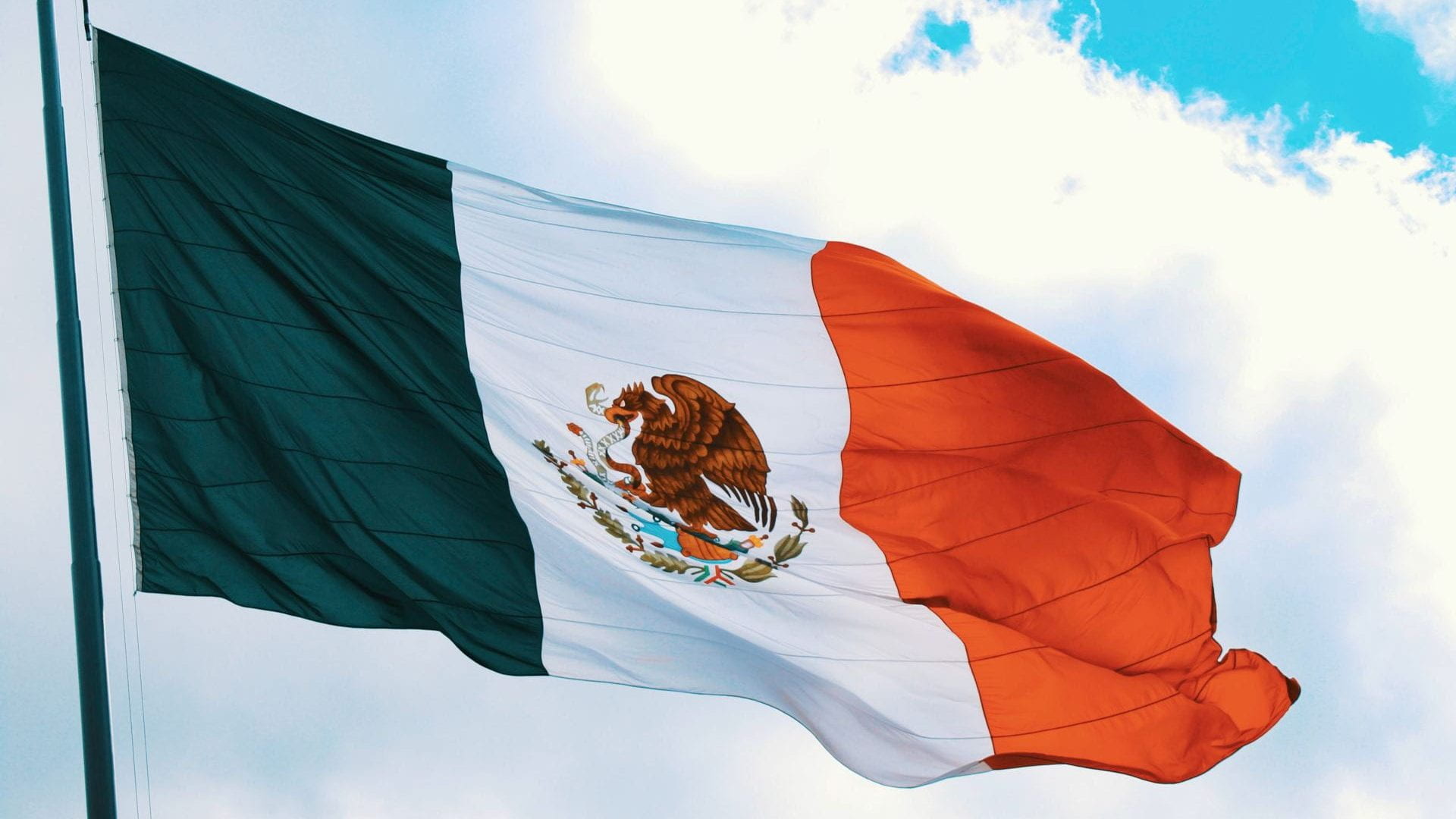Guest blog by Tomas Gonzalez
No matter where you come from or how old you are, if you are reading this, it is possible that you are or going to be part of the IPP community, or maybe you care about how to try to solve public problems in the city, place, or country you live. Either way, you are here for a reason.
Indeed, you won’t find (all) your answers here, but questions that could help you endeavor to make your place a good one and better place.
We are here because we care about public problems. Because we don’t have answers but learn a proposal to address complex problems named PDIA (Problem Driven Iterative Adaptation).
My experience in the Implementing Public Policy (IPP) course 2022 and on PDIA has been a long road full of lessons on patience, timing, persistence, iterations, humbleness, and self-care.
For about five months, I tried to obtain authorization for what I believe is a systematic problem in local governments in Mexico: financial responsibility in the public budget of Oaxaca, my home state.
Being part of a government that was in its last six months of legal period and trying to influence new key actors from a different political origins has been challenging in multiple aspects. First, to try to settle into the agenda of new decision-makers, a problem that is not yet a problem because they are not yet in charge.
Second, as you may be aware, complex issues are seldom challenging to transmit; once you communicate them, you must sketch a plan to implement. Third, having skin in the game was often comfortless socially and politically. Beyond a job, I achieved to provide the new decision-makers with diagnostics and a plan that could improve the financial capacities, spending, and the public budget. I did what I believe was my moral duty, but the results are yet to be seen (or not).
Plan and control, finding change spaces, iterate when something is not going as planned are now lessons in my daily professional practice. All the learnings, disappointments, frustrations, experiences, and relationships are my treasure and prize: You will fail, and that’s ok; find a way. Too big? Start smaller. Pause. Repeat it.
I cannot weigh all the learning, patience, understanding, and wisdom provided for each one in the IPP staff and Matt (of course).
My fellow PDIA practitioners, here are some confessions: Believe it or not, in the end, your group is truly your gift, so seize it up with kindness, openness, and love. You are your team (in class, office, or home), so be gentle. Implementation processes are a chance to make friends and gain allies, so snatch it. And if you allow me to get sentimental, I hope to see some of you at my wedding.
Finally, I must recognize the privilege and fortune of being part of the IPP community and the responsibility to practice, endure, and transmit the lessons learned to others. Now I get it. We are genuinely here to make a difference in our current and coming challenges.

This is a blog series written by the alumni of the Implementing Public Policy Executive Education Program at the Harvard Kennedy School. Participants successfully completed this 6-month online learning course in December 2022. These are their learning journey stories.
